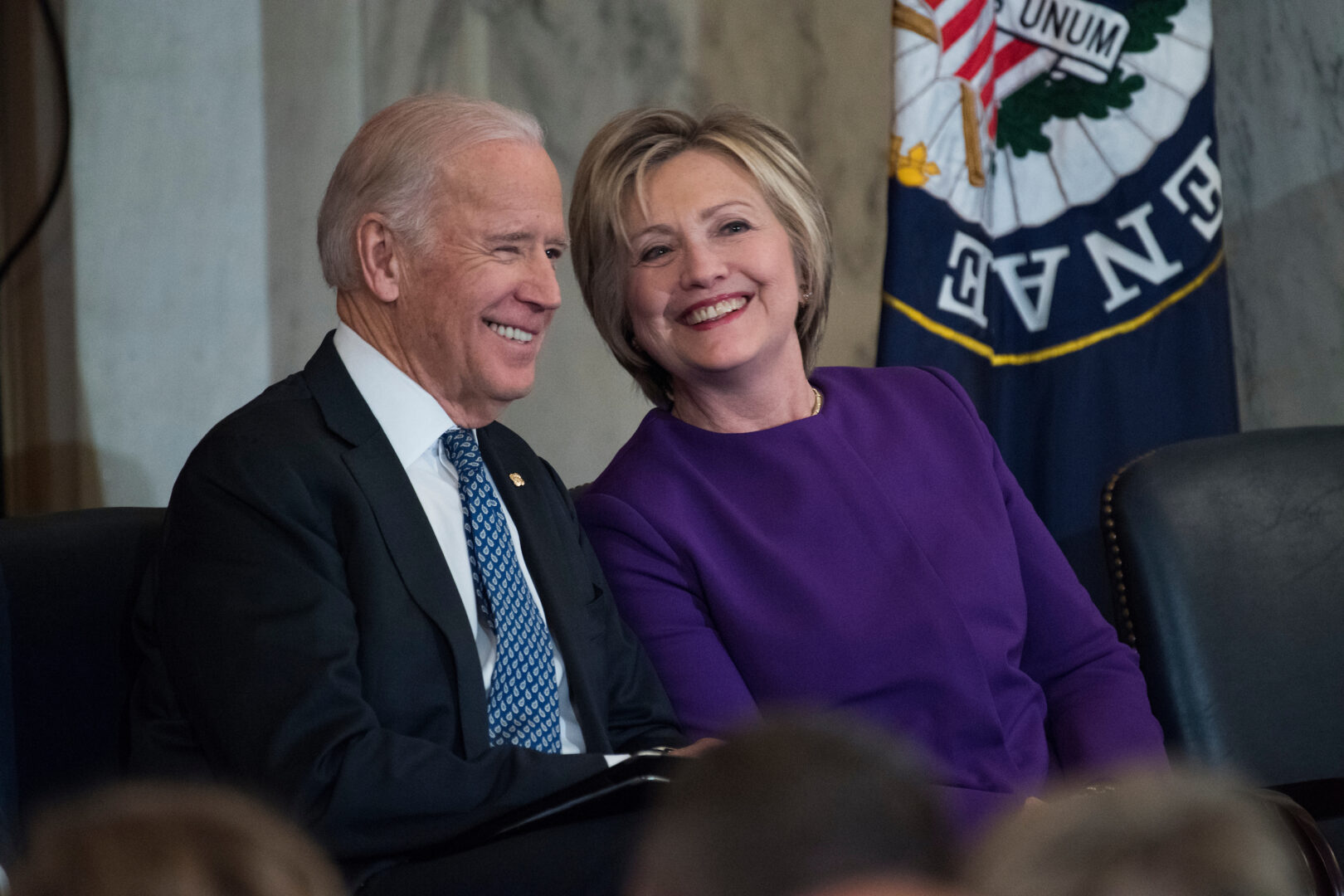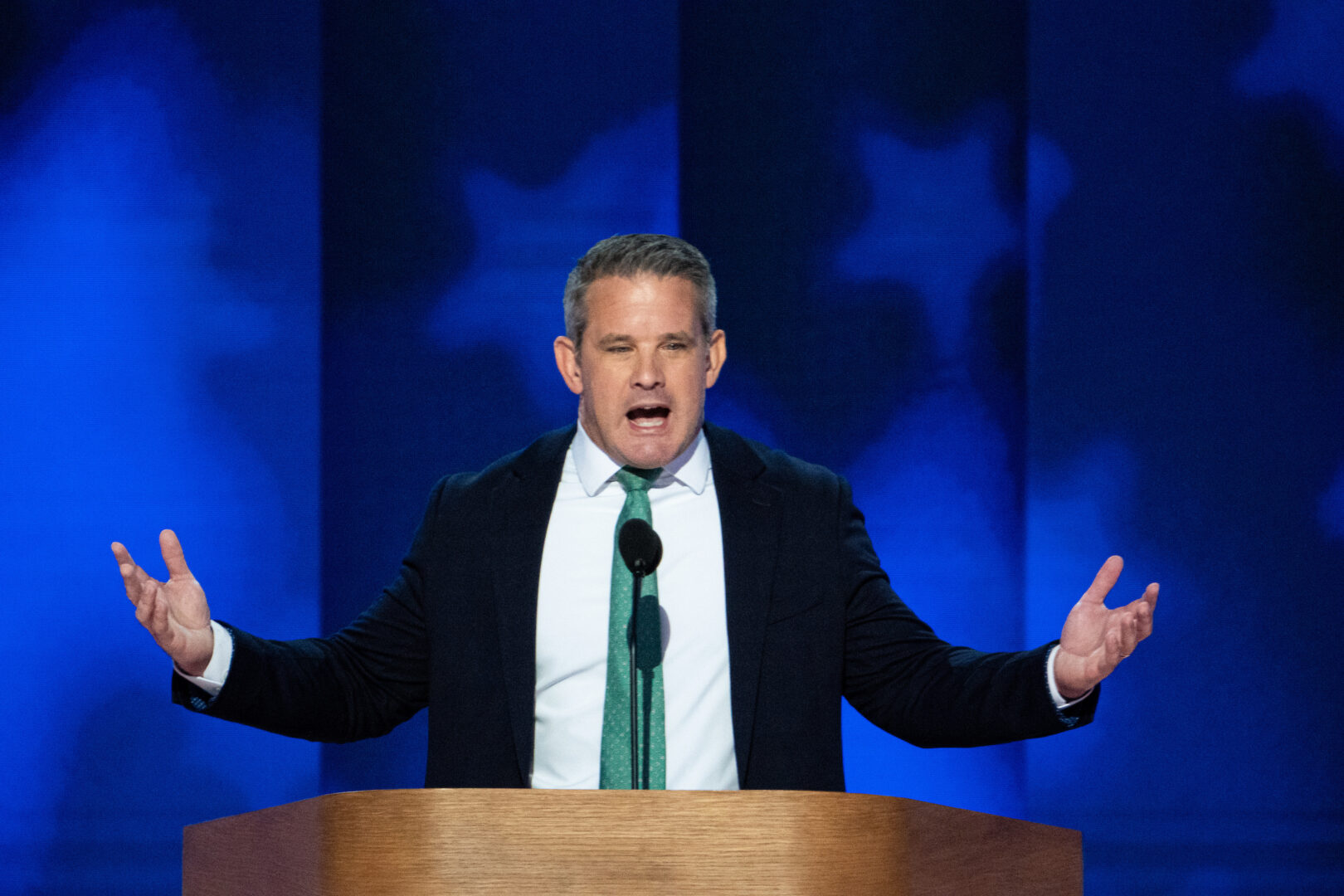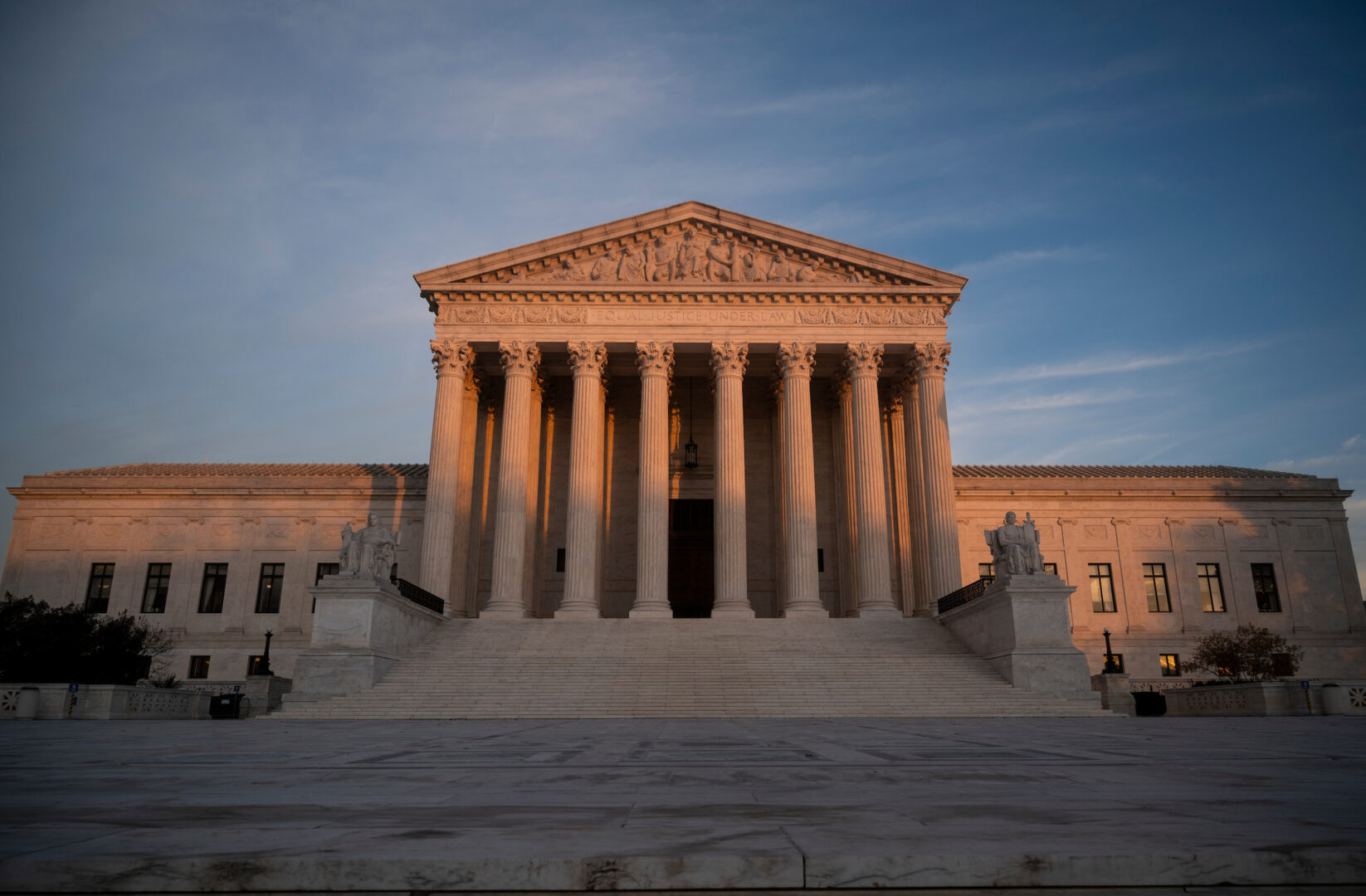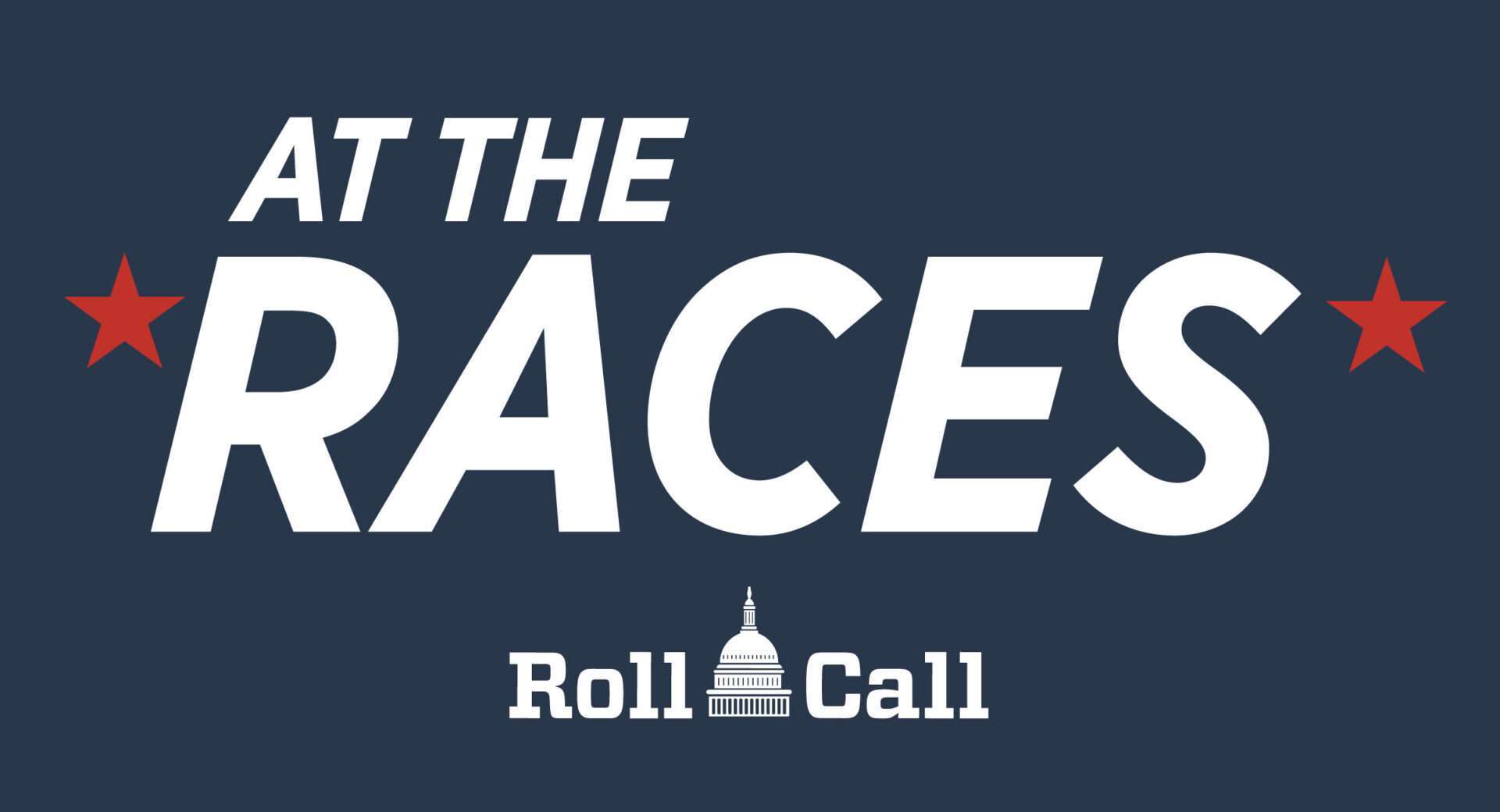Is Biden channeling Hillary Clinton’s campaign strategy?
Bashing Trump may backfire on Democrats

It has been a disappointing spring for the president. Historically low job approval numbers, especially for his handling of the economy. Inflation, driven by food and gas prices, remains above 3 percent. Antisemitic protests disrupting campuses and two wars still raging with no end in sight. And his nemesis, Donald Trump, continues to score significantly better on issues with voters nationally and in the key target states that will likely determine the election.
For a sitting president seeking reelection, his current status with the voters has reached red alert status, and Joe Biden’s team knows it. They’ve admitted something needs to change. Some have argued for a more active campaign trail for Biden to counter the age narrative. This explains what seemed like a spur-of-the-moment decision to agree to two debates, one of them before either candidate has been officially nominated.
Democrats generally seem to agree that Biden must go harder at Trump, drive up his negatives and once again be the “good guy” alternative. It worked in 2020, but it won’t work now.
The Biden 2020 campaign strategy was simple: portray himself as a seasoned centrist who would bring the country together and return the White House to normalcy. After three-and-a-half years governing with liberal policies to appease his base, that direction for Biden is no longer an option. Independents, who won him the election, now overwhelmingly have an unfavorable view of both the job he is doing and him personally. The majority coalition that elected him is gone, as those critical voters no longer view another four years of Biden as a positive.
So another strategy has emerged, almost by default given Biden’s limited options. It is one that seems oddly familiar, as it mirrors Hillary Clinton’s failed 2016 campaign strategy.
In 2016, the economy was the top issue, just as today, with the exit polls showing 36 percent of voters saying it was excellent/good and 62 percent saying not so good/poor. But instead of an economic strategy, Clinton’s campaign focused on driving negative stories on Trump’s personal life rather than policy differences, with one goal in mind: to drive up his negatives. They succeeded. Trump ended the campaign with a 60 percent unfavorable.
But the harsh tone of her campaign also pushed up her negatives, to a 55 percent unfavorable in the exit polls and an election night loss. Clinton had gone after Trump supporters, calling them “deplorables” in front of a laughing New York City audience. That speech, in my view, was critical in tipping the scales to Trump, so it’s mystifying to me that Biden has adopted a similar messaging strategy, referring to Trump supporters derogatorily as MAGA extremists.
Adopting a belittling tone, Biden has pointedly derided half the country for supporting Trump after promising voters unity. As a result, his unfavorables now match Clinton’s and Trump’s.
For many Democrats, last week’s jury decision to convict Trump on 34 felony counts was a moment to celebrate. For the Biden campaign, they now believe they have the words to defeat him: “convicted felon.”
Like Clinton and her deplorables, Biden now has his own line to push his “save democracy” mantra while bashing his opponent. But will it work any better than Clinton’s personal attacks?
The problem facing Biden is that there are few topics he can actually talk about other than Trump. The biggest one is the economy. He continues to tell voters that the U.S. economy is the strongest in the world, but almost 60 percent of voters disapprove of how he is handling the economy.
On the issue of inflation, the Real Clear Politics disapproval average for Biden is 63 percent — but it’s not just the economy. His RCP disapproval average on immigration is also at 63 percent. For foreign policy, it’s at 60 percent, and crime is at 55 percent. Overall, disapproval of the job he is doing as president is at 56 percent.
Democrats want Biden to increase the attacks on Trump, and certainly they believe the phrase “convicted felon” is just what Biden’s lackluster campaign needs. It allows them to move away from talking about the economy, and they quietly hope Republicans follow them in making the race about the Trump trials, not Biden’s policies.
This is not an unfounded belief. Republicans are truly outraged by what they see as nothing more than a Democratic Party political show trial and believe that Judge Juan Merchan crafted the instructions to the jury to overwhelmingly benefit the prosecution.
Trying to judge the long-term implications of the New York trial is difficult, given that the public is clearly working through their reaction to it. CBS News was in the field right after the verdict came in (May 30–June 1), and the results show some conflicting views. For example, the survey found that the country believed Trump got a fair trial by a margin of 56 percent to 44 percent. However, when voters were asked whether the trial had made them more or less confident in the U.S. judicial system, 27 percent said more confident, 40 percent less confident and 33 percent said it had no impact.
Independents in the poll broke 54 percent-46 percent saying the trial was fair, but only 19 percent also said the trial made them more confident in the judicial system.
Thus, Republicans need to be careful. While fundraising and Republican unity have significantly improved since the trial, it’s important to remember that in the 2022 election, Republicans had the best advantage in party identification in the history of exit polling. Yet it did not produce a red wave for one reason: The GOP lost independents.
Trial or no trial, Biden is in trouble. Channeling Hillary Clinton’s campaign strategy isn’t going to fix his problem.
David Winston is the president of The Winston Group and a longtime adviser to congressional Republicans. He previously served as the director of planning for Speaker Newt Gingrich. He advises Fortune 100 companies, foundations and nonprofit organizations on strategic planning and public policy issues, as well as serving as an election analyst for CBS News.





